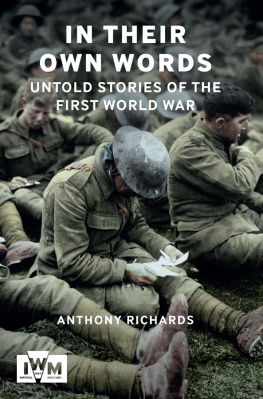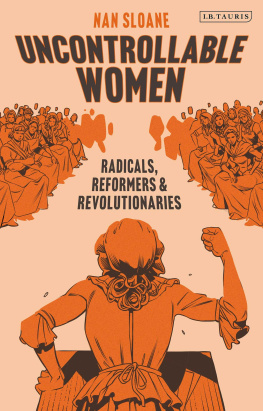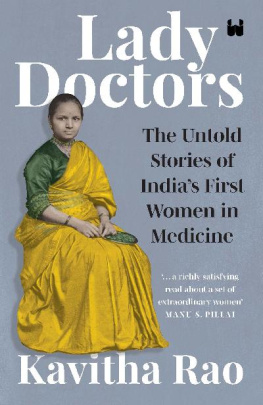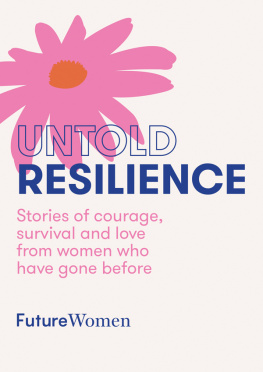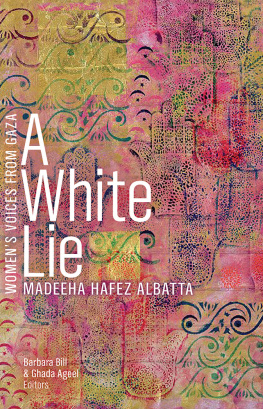WOMEN OF THE MIDAN
PUBLIC CULTURES OF THE MIDDLE EAST AND NORTH AFRICA
Paul A. Silverstein, Susan Slyomovics, and Ted Swedenburg, editors
This book is a publication of
Indiana University Press
Office of Scholarly Publishing
Herman B Wells Library 350
1320 East 10th Street
Bloomington, Indiana 47405 USA
iupress.indiana.edu
2019 by Sherine Hafez
All rights reserved
No part of this book may be reproduced or utilized in any form or by any means, electronic or mechanical, including photocopying and recording, or by any information storage and retrieval system, without permission in writing from the publisher. The paper used in this publication meets the minimum requirements of the American National Standard for Information SciencesPermanence of Paper for Printed Library Materials, ANSI Z39.48-1992.
Manufactured in the United States of America
Cataloging information is available from the Library of Congress.
ISBN 978-0-253-04060-2 (hardback)
ISBN 978-0-253-04061-9 (paperback)
ISBN 978-0-253-04064-0 (ebook)
1 2 3 4 5 24 23 22 21 20 19
To all revolutionary people
The intellectual who claims ownership of the Truth is the other leg of the dictator. When an intellectual claims to own the Truth, he becomes the dictators servant.
nasr hamid abu zayd
Contents
T HIS BOOK WOULD not have been possible without the generosity of heart and spirit that the women of the midan invested in this project. They have shared their most poignant rememories with me, even when it was too difficult for them to continue to do so, because of emotional as well as safety issues. They grace this book with their narratives. To them goes my deepest gratitude. I humbly dedicate this book to them and to all revolutionaries, wherever they may be.
I am deeply indebted to Professor Hoda Elsadda for reading this manuscript and commenting on it. You continue to inspire me with your grace, your ideals, your dedication, and your boundless activism.
I gratefully acknowledge the support of my anthropologist friend and colleague, Selim Shahine, for encouraging me to write this book and for being the first one to read it in draft form. I am thankful for his insights and for generously sharing his photographs and memories of the revolution with me. My sincere thanks to Wael Abed, an accomplished former news photographer and reporter, for giving me permission to publish many of the pictures in the book as well as the cover photograph. Waels gift for capturing images will always be an immense contribution to the visual documentation of the revolution. My immense gratitude as well goes to my old friend Minou Hammam, an international artist and award-winning photographer, for generously sharing her evocative and poignant photographs with me and consequently with everyone who picks up this book.
My sincere thanks to the series editors of Popular Cultures in the Middle East at Indiana University Press, Susan Slyomovics, Paul Silverstein and Ted Swedenburg. I would also like to extend my gratitude to the editors of IUP for their insights and support throughout the publishing process, Dee Mortensen and Paige Rasmussen, and to my anonymous reviewers for their suggestions and advice that helped strengthen the message of this book. Thank you to Suad Joseph, my friend and mentor of many years; your insights were instrumental to the writing of this book.
My thanks to Angie Abdelmonem, Marta Agosti and Susana Galan with whom I have the pleasure of collaborating in a research collective on Theorizing MENA Bodies, which we began in 2017. Our discussions and energetic panels have invigorated my own research on corporeal dissent. I hope this book will contribute to our work on the topic.
I would like to extend my thanks to those who offered me collegial guidance and support over the years. To the members of my department at the University of California, Riverside for reading my work and for their never-ending support. I am so lucky to be able to share my journey toward completing this book with you all. Sondra Hale, Azza Basarudin, Khanum Shaikh, Catherine Sameh for your incredible support as well and for all the colleagues whose comments on my work helped shape it for what it is today.
My thanks to the University of California, Riverside for providing the fellowships and grants that enabled me to take these multiple research trips to Egypt.
To my family and friends in Egypt, I thank you with all my heart. My children and my mother, my most cherished in the world, you are my inspiration as well as my backbone; thank you for understanding and for always being there for me.
Finally I would like to mention that this book includes excerpts from previously published journal and book articles which I wrote since the revolution. I therefore wish to acknowledge the following journals: American Ethnologist for permission to publish excerpts from my article, No Longer a Bargain, in chapter one. Chapter five contains excerpts from my article published in The Journal of North African Studies, The Revolution Shall Not Pass Through Womens Bodies, and excerpts from my article, The Virgin Trials: Piety, Femininity and Authenticity in Muslim Brotherhood Discourse, were originally published in Gender and Sexuality in Muslim Cultures, Gul Ozyegin, editor and appear in the same chapter. Chapter seven is a version of an article published in The Middle East Report.
2011
January 25, 2011
On National Police Day and in response to nationwide protests from the April 6th Movement, thousands of Egyptians take to the streets and principal squares of various Egyptian metropolises. The Day of Rage demonstrations are countered by tear gas, batons, and water cannons. In Suez, two protestors are killed as well as one policeman.
January 27, 2011
Clashes between protestors and security forces take place as demonstrations continue. Facebook and Twitter are blocked by the government. Mohamed El Baradei arrives in Cairo in response to calls for his participation.
January 28, 2011
Protests increase to massive proportions after Friday prayers. Women are a prominent presence in the demonstrations. Cell phones and internet are temporarily shut down by the regime. Mobs burn the National Democratic Party headquarters down and wreak havoc on the streets as police withdraw. Military troops are deployed to Tahrir and take a neutral stance toward the protests.
January 29, 2011
A state of insecurity prevails as neighborhood vigilantes organize and take up arms to protect their streets. Mubarak names a vice president for the first time, Omar Soliman, chief of the secret police.
January 30, 2011
Chaos is on the rise as prisoners break out of jails, weapons and ammunition are looted. For the first time since the beginning of the protests, the Muslim Brotherhood demands that the regime step down.
February 2, 2011
Pro-Mubarak supporters ride into Tahrir Square on donkeys, horses, and camels, attacking peaceful protestors. Hundreds are dead or injured as a result. This incident was named The Battle of the Camel.
The Coalition of Egyptian Feminist Organizations is established, comprising sixteen womens groups.
February 11, 2011
Mubarak steps down and turns power over to the military. The military dissolves parliament and suspends the constitution in response to protestors demands. A council of wise men made up largely of prominent male tycoons in Egypt meets with SCAF to discuss the transition. No women are invited to attend.



